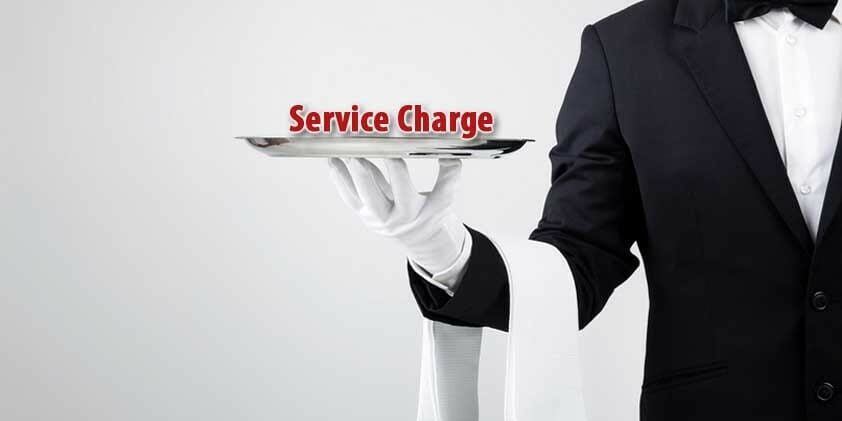The Kolkata District Consumer Disputes Redressal Forum recently ruled that restaurants cannot impose a service charge on a customer and, as a result, directed the concerned restaurant to return the service charge it collected from a customer along with a compensation amount.
In April 2017, the government issued guidelines on fair trade practices regarding the charging of Service Charges from consumers by hotels or restaurants. According to these guidelines, the payment of the Service Charge is entirely at the discretion of the consumers.
In a circular dated April 21, 2017, the Ministry of Consumer Affairs, Food & Public Distribution advised state governments to educate companies, hotels, and restaurants in their jurisdictions about the provisions of the Consumer Protection Act related to unfair trade practices and to disseminate the information through a display at an appropriate location in the hotels/restaurants that “service charges”
Hotels/restaurants that “service charges” are optional/voluntary and can be waived if a customer is dissatisfied with the services.
Consumer Commissions at the Central, State, and District levels are established under the Consumer Protection Act of 2019, and consumers can approach District Commissions for redress of grievances related to the collection of service charges by hotels and restaurants.
“A trade practice that, for the purpose of promoting the sale, use, or supply of any goods or the provision of any service, adopts any unfair method or deceptive practice, is to be treated as an unfair trade practice,” according to Section 2(47) of the Consumer Protection Act of 2019, and “a consumer can make a complaint to the appropriate consumer forum established under the Act against such unfair trade practices.”
If the service charges charged by the hotel to the customer are not appropriate, they will be considered an unfair trade practice under this provision. In most restaurants, a service charge of 5-10% is standard, but some hotels charge up to 30%, which is excessive and may be considered unfair trade practice. Also, charging a service charge without the customer’s consent is considered unfair trade practice, and a consumer can file a complaint with a consumer forum against such a hotel or restaurant. https://www.hindadvocates.com/recent-relief-measures-for-taxpayers/
Ministry of Consumer Affairs Guidelines
The Ministry of Consumer Affairs, Food, and Public Distribution published guidelines on service charges on their website in April 2017. These rules apply to you.
- The cost of goods, as well as the cost of service, must be factored into product pricing.
- When a customer places an order, he or she is agreeing to pay the price listed on the menu card, plus taxes. Anything else would be considered an unfair trade practice if done without the customer’s consent.
- It is entirely up to the customer whether or not to pay a tip or gratuity, as well as the amount, after finishing his or her meal. Restrictive trade practices include requiring a customer to pay a service charge as a condition precedent to placing an order. (Now, under Section 2(41) of the Consumer Protection Act of 2019, the term “restrictive trade practice” is defined.)
- The service charge column on the bill may be left blank for the customer to fill in before payment, indicating that the service charge is optional.
- In the event of restrictive or unfair trade practice, a consumer can exercise his or her right to be heard and redressed under the provisions of the Consumer Protection Act by contacting a Consumer Dispute Redressal Commission/Forum.
Suggestions
- Check the menu to see if there are any service charges. Check to see how much of a service charge you’ll be responsible for. If you’re not sure if it’s appropriate, inquire with the restaurant.
- If a restaurant charges a service charge without your consent or without providing you with prior notice, refuse to pay or file a complaint with the appropriate consumer forum.
- If you come across any unfair trade practices, please report them to the consumer forum.
- Call the National Consumer Helpline at 1800-11-4000 if you need assistance with this. http://chdconsumercourt.gov.in/








